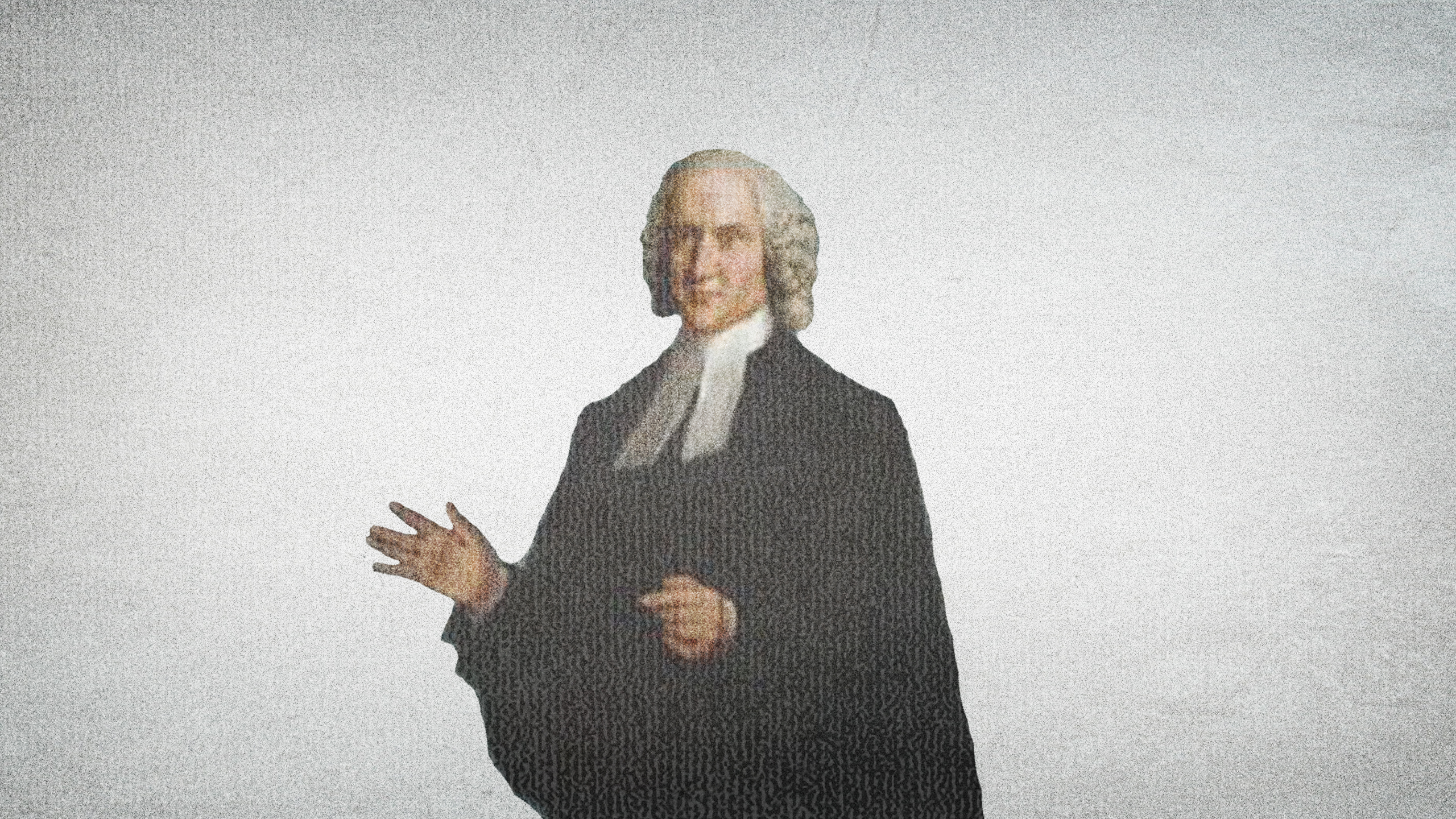Jonathan Edwards’ Preferred Method of Delivery In Preaching
If you have spent any amount of time reading books or articles, or listening to lectures, about the ministry of the great Jonathan Edwards, you have, no doubt, come across the idea that he unswervingly stuck to reading a manuscript when he preached and that he kept his eyes fixed on the back wall of the worship room whenever he might take them off of the manuscript. This widespread idea about Edwards’ method of preaching has been rightly challenged (see this and this) in recent decades. Part of the difficultly of this subject is that we find such little trustworthy historical evidence from Edwards or others about his homiletical method. For instance, in vol. 10 of Yale’s Sermons and Discourses, 1720–1723, Wilson Kimnach has provided us with a partly speculative and partly deductive description of the homiletical influences upon Edwards and of his own revealed homiletical method of delivery. While Kimnach provides some very clear and helpful comments from Edwards’ own pen about how a minister is to preach on such things as heaven, hell, duties of Christian living, etc., there is perhaps no more clear statement about delivery and intonation in all that Edwards said on the subject as that which we find in the funeral sermon he preached for his beloved friend, David Brainard. In “True Saints, When Absent from the Body, Are Present with the Lord,” Edwards explained what he thought about Brainard as a preacher when he stated:
He had extraordinary gifts for the pulpit: I never had opportunity to hear him preach, but have often heard him pray: and I think his manner of addressing himself to God, and expressing himself before him, in that duty, almost inimitable; such (so far as I may judge) as I have very rarely known equaled. He expressed himself with that exact propriety and pertinency, in such significant, weighty, pungent expressions; with that decent appearance of sincerity, reverence and solemnity, and great distance from all affectation, as forgetting the presence of men, and as being in the immediate presence of a great and holy God, than I have scarcely ever known paralleled. And his manner of preaching, by what I have often heard of it from good judges, was no less excellent; being clear and instructive, natural, nervous, forcible, and moving, and very searching and convincing. He nauseated an affected noisiness, and violent boisterousness in the pulpit; and yet much disrelished a flat cold delivery, when the subject of discourse, and matter delivered, required affection and earnestness.1
You can listen to the episode of East of Eden in which Dave Filson, Jeff Waddington and I discuss the history, structure and theology of Edwards’ funeral sermon for David Brainard here.
1. Edwards, J. (2006). “True Saints, When absent from the Body, Are Present with the Lord.” In W. H. Kimnach & H. S. Stout (Eds.), Sermons and Discourses, 1743–1758 (Vol. 25, p. 245). New Haven; London: Yale University Press.




